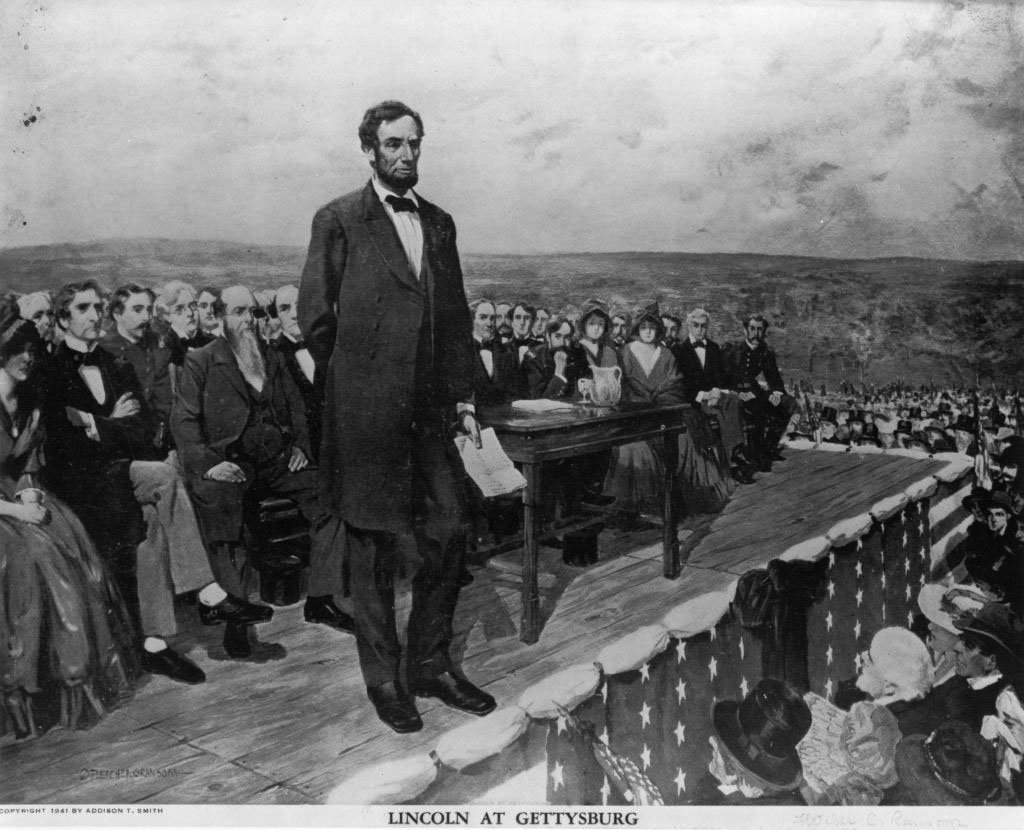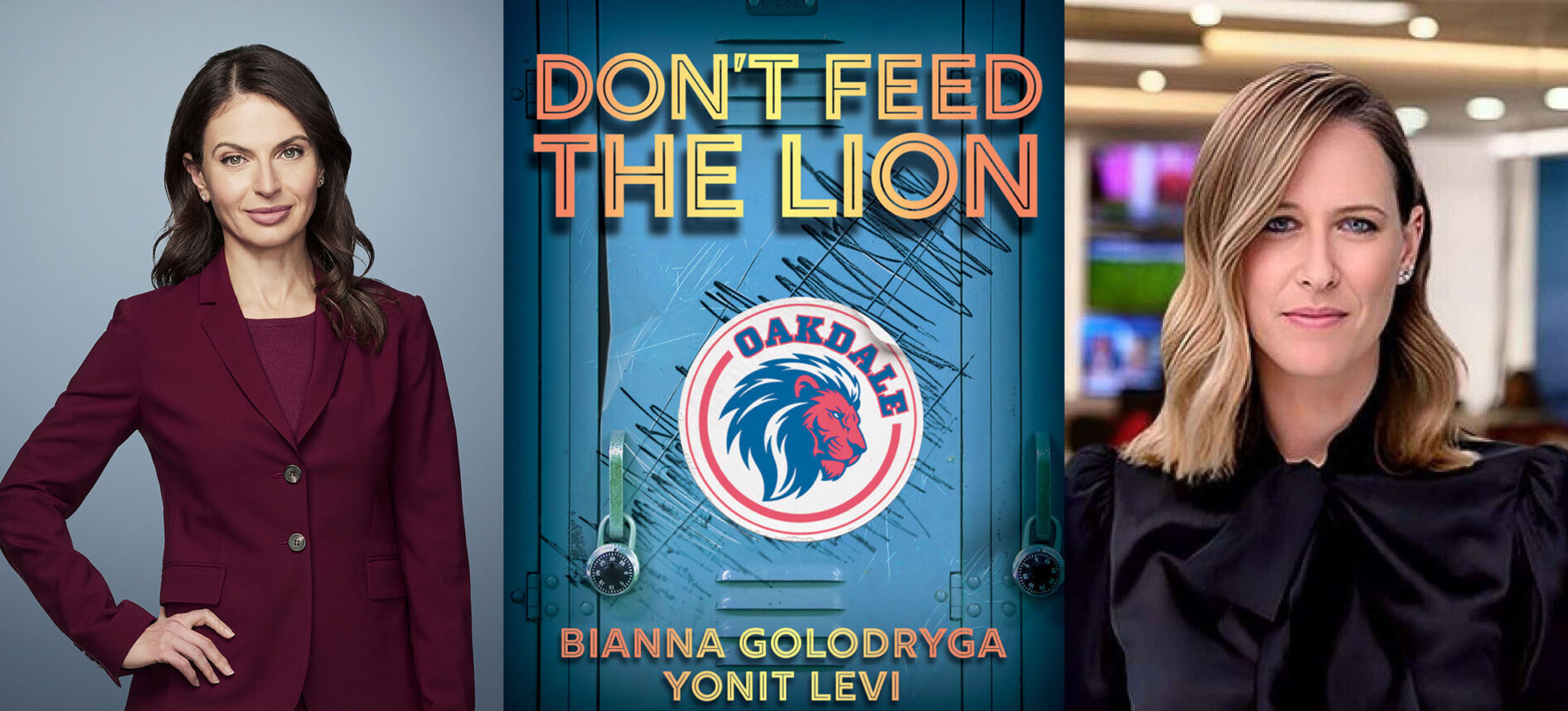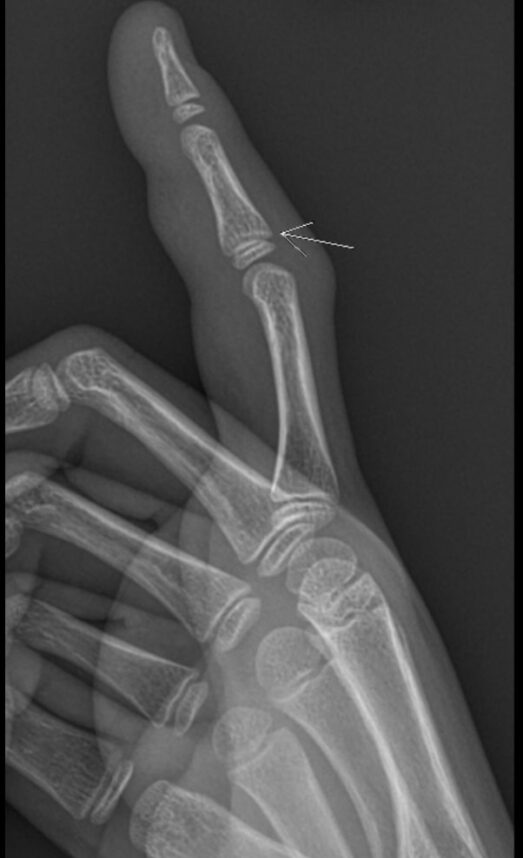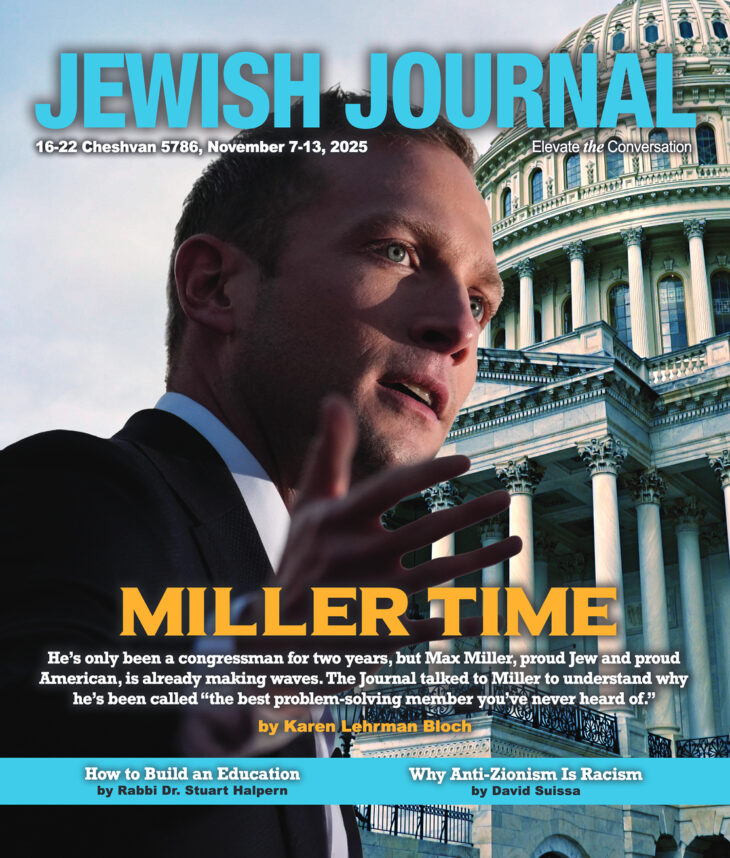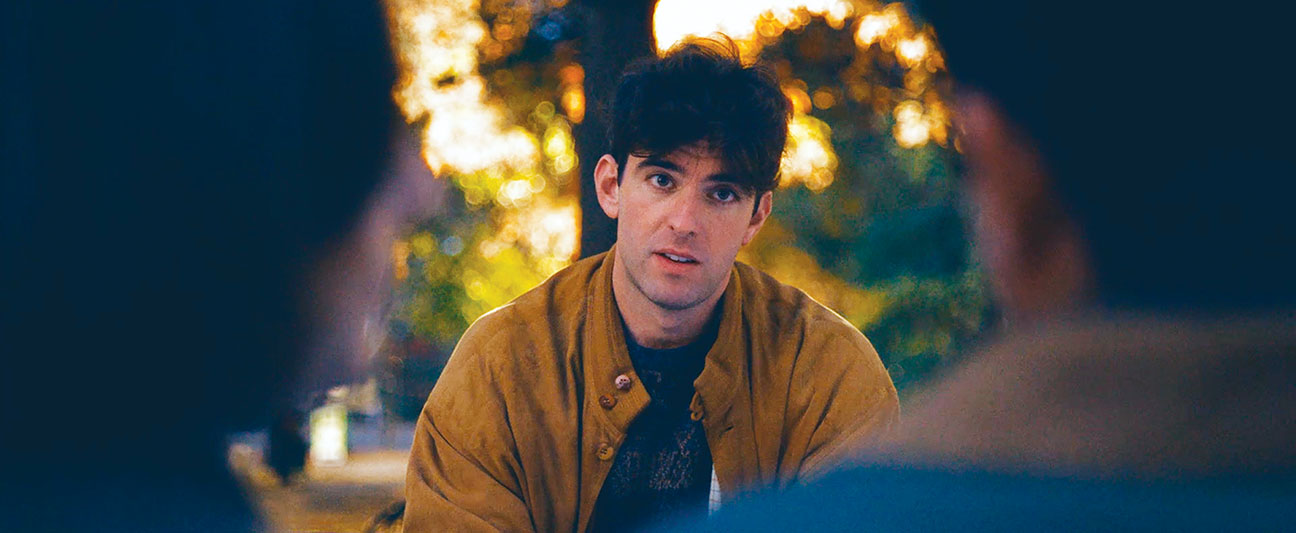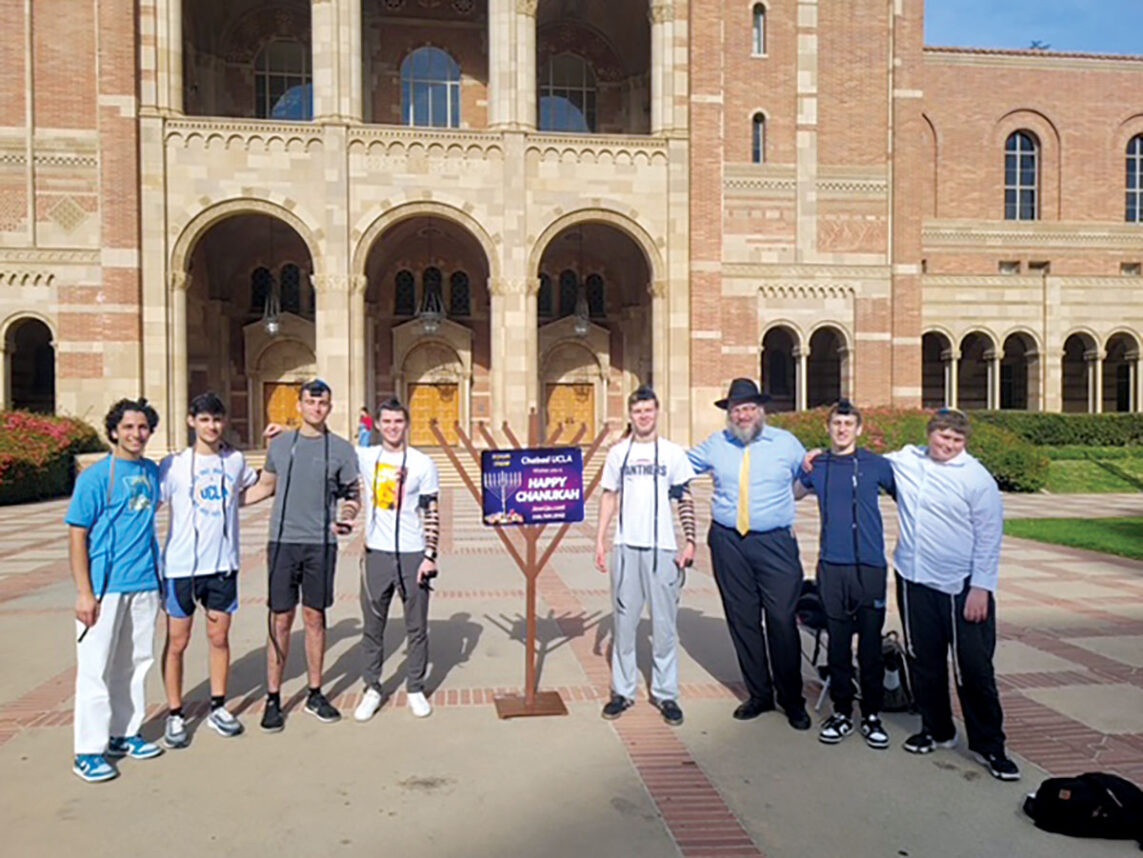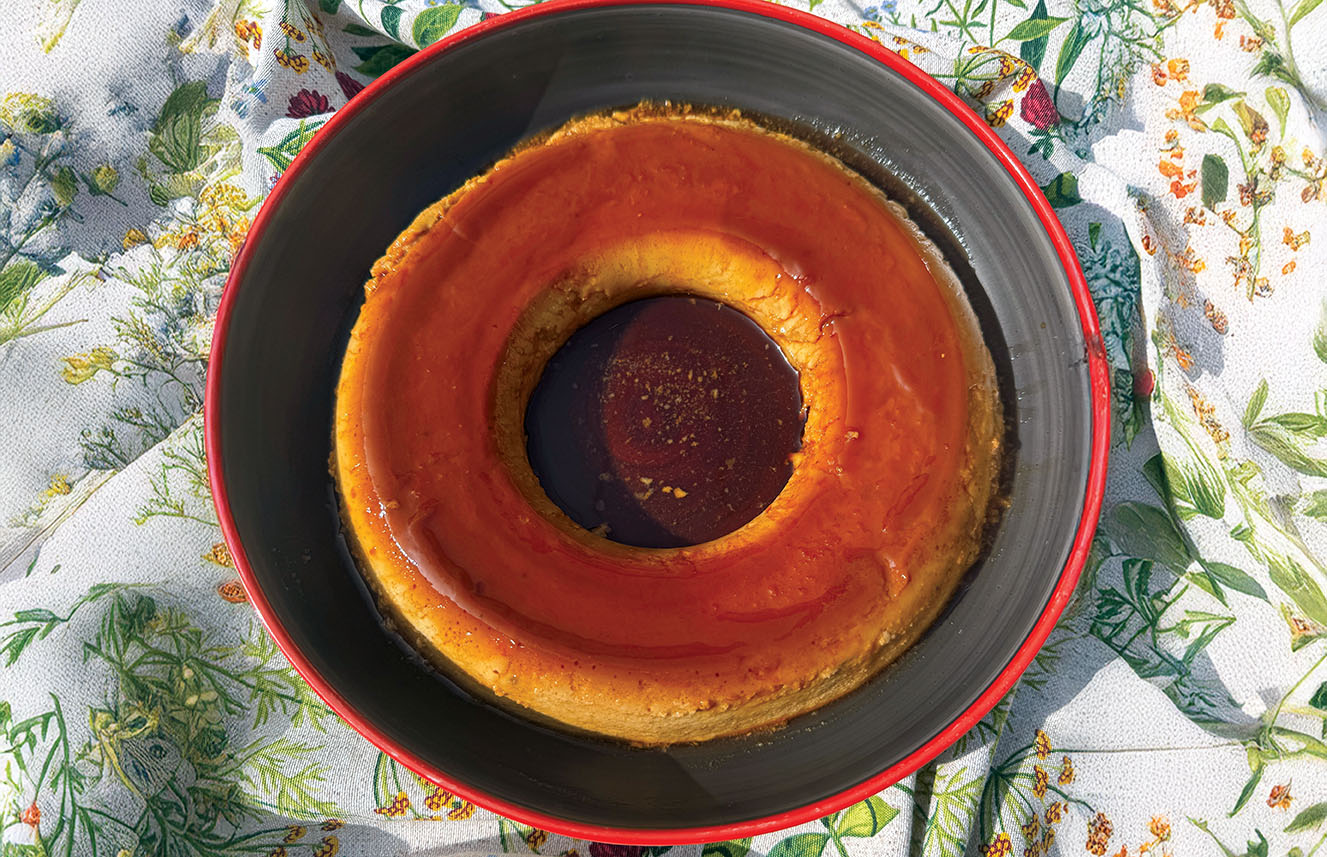Jewish humor and Jewish theology share something in common. I can think of any number of jokes whose punch lines say something profound about God (“Work with me here — buy a ticket!”). And we need only consult the Torah to discover how the matriarch Sarah responded when God revealed that she would bear a child in advanced old age: “Sarah laughed …” (Genesis 18:12).
The point is made by Ruth R. Wisse, professor of Yiddish and comparative literature at Harvard, in “No Joke: Making Jewish Humor” (Princeton University Press, $24.95), a rare work of cultural scholarship that is also laugh-out-loud-funny. “Jewish humor rolls cheerfully off the tongue,” she quips, “like French cuisine and Turkish baths.” She quotes no less an authority on the workings of the human mind than Sigmund Freud on the Jewish genius for jokes: “I do not know whether there are many other instances of a people making fun to such a degree of its own character.”
“No Joke,” in other words, is full of jokes. Wisse declares her intention “to offer a descriptive map of some of the centers where Jewish humor thrived and where it still prospers,” and she insists that pondering (and laughing at) these jokes reveals something vital and important about Jewish identity: “I cheerfully confess that theories about humor interest me less than the evidence they offer of folk creativity,” she writes; “jokes offer the only surviving form of ‘folklore’ that is not protectable by copyright.”
She traces the distinctive folk culture of Eastern Europe, which she calls “an incubator of modern Jewish humor,” to such traditions as the Purim skit and the antics of the masters of ceremonies at weddings. She traces these influences into the work of Sholem Aleichem, although she points out that once the Jews of the Diaspora abandoned Yiddish, “they could no more understand the intricacies of his humor than could any Gentile.” But she also considers less familiar sources, including both the modernizers who embraced the Haskalah and the traditionalists of Hasidism: “We may not customarily associate Hasidic ecstasy with laughter, but we should consider how, like ecstasy, laughter too overcomes indignities through an altered state of mind.”
As deep as these roots go, the art of Jewish comedy still flourishes, as anyone who turns on a television knows well. “Jewish humor remains, as it has always been, merely one of many possible responses to the anomalous experience of the Jews,” Wisse concludes. “But as long as it does remain one of those responses, suppliers will arise to meet the demand.” And she shows how more recent exemplars, ranging from the Marx Brothers to Larry David to the Broadway hit “Old Jews Telling Jokes,” fit into the rich tapestry of Jewish humor.
Ruth R. Wisse will discuss and sign copies of “No Joke: Making Jewish Humor” at Stephen S. Wise Temple on Nov. 19 at 7:30 p.m. For tickets and information, visit the Stephen S. Wise Web site at ” target=”_blank”>http://wcce.aju.edu/default.aspx?id=10462.
Jonathan Kirsch, author and publishing attorney, is the book editor of the Jewish Journal. His new book is “The Short, Strange Life of Herschel Grynszpan: A Boy Avenger, a Nazi Diplomat and a Murder in Paris” (Liveright).











